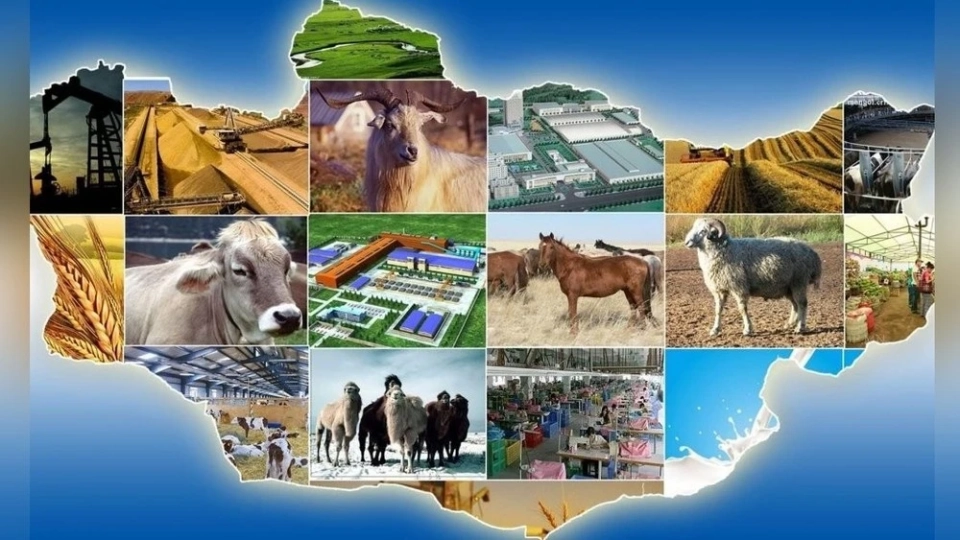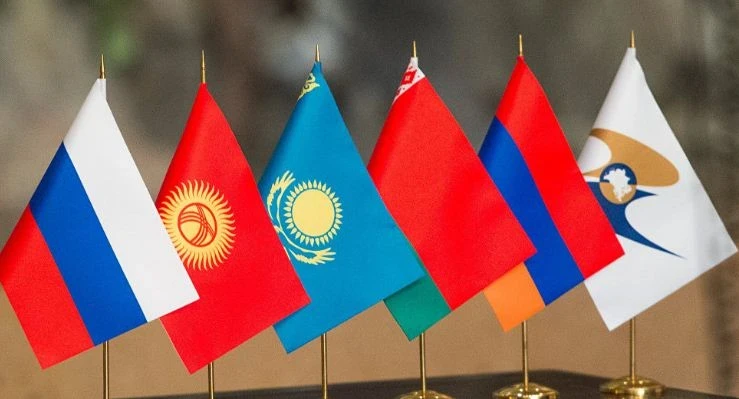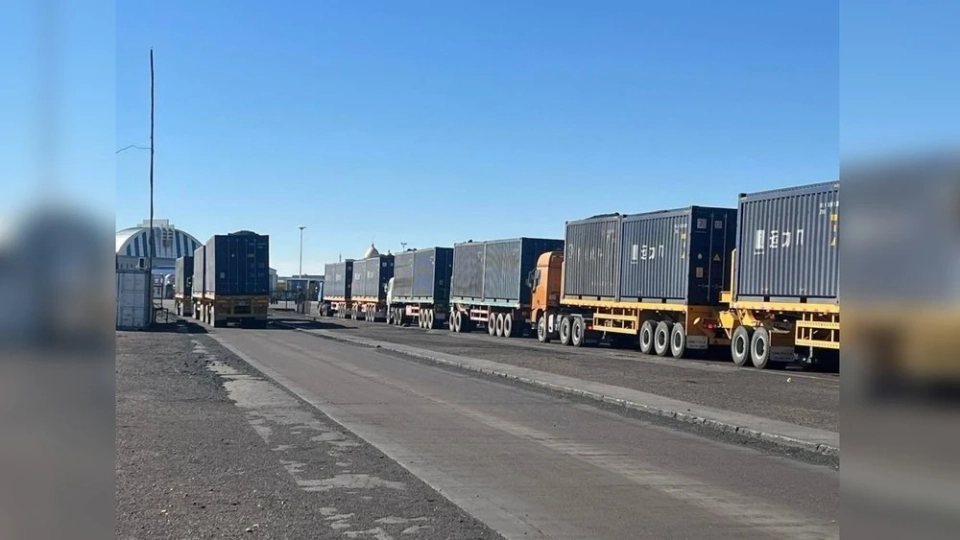The situation is complicated by transit restrictions through Kazakhstan: out of 84 applications for the transportation of Russian grain in September, only 24 were approved, which is 28%. As a result, processors have started to actively purchase grain in Kazakhstan, and its share in the total grain imports has increased to more than 55%.
Increase in raw material costs at enterprises:
- Russian wheat (gluten 25%) — approximately 19.6 s/kg including logistics costs and exchange rate;
- Kazakh wheat — from 19.8 s/kg.
- Increased transit tariffs through Kazakhstan of 1,000 rubles per ton have also contributed to rising prices.
Product prices from manufacturers:
- 1st grade flour — 25–34 s/kg (in Karakol up to 34 s/kg due to delivery from Chui region; "tandoor" — at the upper limit of the range);
- 2nd grade flour — 19–23 s/kg;
- bran — 12–19 s/kg.
The average margin for manufacturing enterprises is 7–8%.
Production capacities are also facing limitations: out of 30 milling plants, 3 are under reconstruction, another 3 are temporarily suspended for maintenance, resulting in only 27 actively functioning. From 2017 to 2025, 27 mills were closed and dismantled.
The quality of the 2024 harvest in Russia and Northern Kazakhstan, where gluten is about 23% against the required 25–26%, along with the low harvest of 2025 in Kyrgyzstan and Southern Kazakhstan, exacerbates the shortage of raw materials. Industry experts suggest that without increasing transit quotas and stabilizing supplies, flour prices will remain at the upper limit of the price range, and sharp price spikes may occur in remote regions.
At the same time, the Ministry of Economy reminded about the previously signed Cooperation Agreement between the Ministry of Economy and Commerce, the Ministry of Water Resources, Agriculture and Processing Industry, the Antimonopoly Regulation Service, and enterprises of the milling industry of the Kyrgyz Republic.
This agreement includes commitments for participants in the milling industry.
















